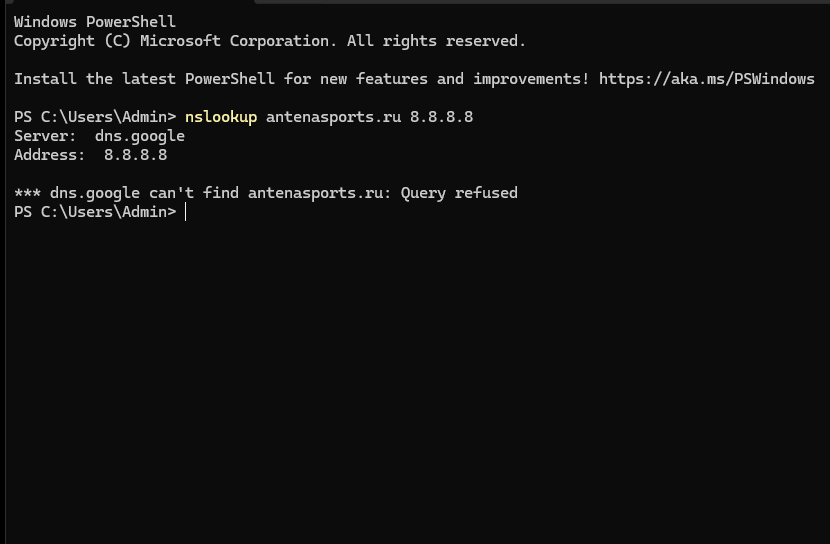Fall of France (Part 2)

The seeds of France's downfall were sown in the aftermath of World War I. Though victorious, the country suffered immense losses in manpower, industrial capacity, and infrastructure. While the government grappled with rebuilding and maintaining its vast colonial empire, the modernization of its armed forces was neglected. This left France vulnerable as Germany, unburdened by similar constraints, underwent rapid rearmament in violation of the Treaty of Versailles.
Political divisions further hampered France's ability to counter the rising Nazi threat. The leftist Popular Front government elected in the mid-1930s recognized the urgency of modernizing the military, dedicating a significant portion of the national budget to defense spending. However, their efforts were undermined by the Great Depression, internal divisions, more than a of millitary neglect and a hostile industrialist class.
France's industrial output remained significantly below pre-depression levels, hindering its ability to match Germany's burgeoning military production. While Germany's economy thrived under Nazi direction, France and the international community remained largely passive in the face of Germany's blatant disregard for the Treaty of Versailles.
France's diplomatic strategy, heavily reliant on its alliance with the United Kingdom, proved to be a critical weakness. Deeply scarred by the horrors of World War I, the French government hesitated to confront Germany without British support. However, British foreign policy prioritized containing the Soviet Union, viewing communism as a greater threat than fascism. This divergence in threat perception led to missed opportunities for intervention, such as the Polish proposal to address Germany's violations of the Versailles Treaty through the League of Nations.
Several key events further eroded France's position and emboldened Hitler's ambitions:
- Remilitarization of the Rhineland: When Germany remilitarized the Rhineland in 1936, a violation of the Versailles Treaty, France was unwilling to act without British backing despite calls for intervention from across the political spectrum. The French military, particularly its air force, recognized its inferiority to Germany's rapidly modernizing Luftwaffe, further discouraging any decisive response.
- The Sudetenland Crisis and the Munich Agreement: The British appeasement of Hitler at the Munich Conference in 1938, allowing Germany to annex the Sudetenland from Czechoslovakia, severely undermined France's diplomatic strategy in Eastern Europe. France had invested heavily in building alliances with Czechoslovakia, Romania, and Poland to counter German expansion, but the Munich Agreement shattered these efforts.
The outbreak of World War II in September 1939, triggered by Germany's invasion of Poland, exposed the extent of France's military shortcomings. Despite mobilizing millions of men, the French army was plagued by manpower shortages due to the devastating losses of World War I. Many of the mobilized troops were veterans of the previous war, now over 40 years old, while the younger generation was significantly smaller due to France's low birth rate. This demographic imbalance starkly contrasted with Germany, whose population had experienced more robust growth.
Further compounding France's predicament were critical shortages in equipment, particularly anti-aircraft and anti-tank weapons. The French Air Force was woefully unprepared, lacking sufficient pilots and fielding outdated aircraft compared to the Luftwaffe's modern fighters and bombers.
The French military strategy, largely based on a defensive posture anchored by the Maginot Line fortifications, proved disastrously inflexible. The Allied high command, led by General Maurice Gamelin, anticipated a German offensive through Belgium, as in World War I, and concentrated their forces along the Belgian border. However, this left them vulnerable to the audacious German plan to strike through the Ardennes Forest, a region deemed impassable by many, including the prominent French general Philippe Pétain.
The German invasion, launched in May 1940, exploited the weaknesses in the Allied defenses. The lightly defended Ardennes sector allowed the German armored divisions to penetrate deep into French territory. Simultaneously, a diversionary German offensive through Belgium drew the main Allied forces north, further playing into the German strategy.
A series of miscalculations and strategic blunders sealed France's fate. The decision to deploy the French 7th Army, the designated reserve force, to the Netherlands in anticipation of a German invasion deprived the Allies of a crucial mobile force needed to counter the German breakthrough. The Dutch capitulation within a week rendered this deployment futile.
With German forces driving toward the English Channel, the Allied armies in Belgium were encircled, leading to the frantic evacuation of British and French troops from Dunkirk. The fall of France became inevitable, with the German army capturing Paris in June 1940. The French government, now led by Philippe Pétain, signed an armistice with Germany, marking a humiliating defeat and the beginning of a dark chapter in French history.




